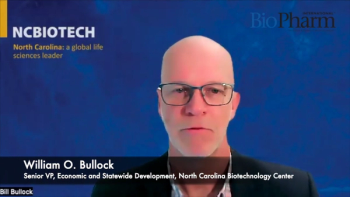
BioPharm International® spoke with William O. Bullock, Senior VP, Economic and Statewide Development, North Carolina Biotechnology Center, about the growing biotechnology industry in North Carolina.

BioPharm International® spoke with William O. Bullock, Senior VP, Economic and Statewide Development, North Carolina Biotechnology Center, about the growing biotechnology industry in North Carolina.
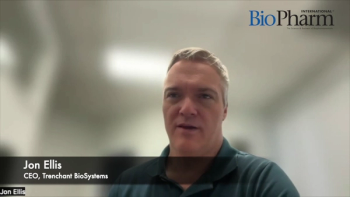
BioPharm International® spoke with Jon Ellis, CEO, Trenchant BioSystems, about the commercial landscape for cell therapies and how digitization is impacting the industry.
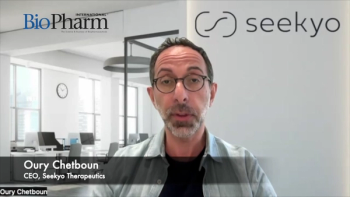
BioPharm International® spoke with Oury Chetboun, CEO of Seekyo Therapeutics, to get his perspective on what impact new modalities and technology innovations are having on biopharmaceutical development.
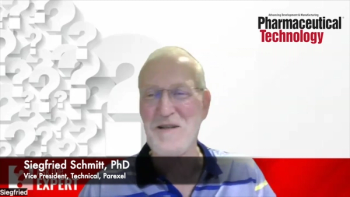
In this episode of the Ask the Expert video series, Susan J. Schniepp, distinguished fellow at Regulatory Compliance Associates, and Siegfried Schmitt, PhD, vice president, Technical at Parexel, discuss how to address an FDA warning letter citation for a failure to establish a quality control unit.
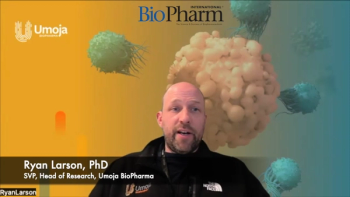
BioPharm International® spoke with Ryan Larson, PhD, SVP, Head of Research at Umoja BioPharma about how emerging modalities in cancer treatments, including cell therapies, are evolving.
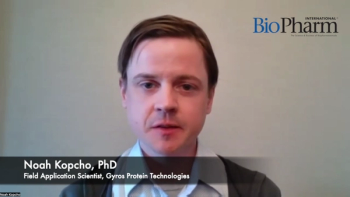
BioPharm International® sat down with Noah Kopcho, field application scientist at Gyros Protein Technologies, to talk about the challenges in the production of AAV vectors.
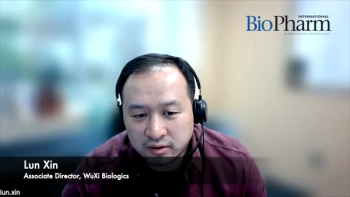
BioPharm International® spoke with Lun Xin, associate director at WuXi Biologics, about how automation can accelerate and improve the formulation of high-concentration biologics.
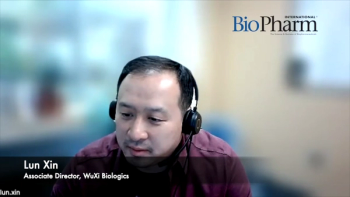
BioPharm International® spoke with Lun Xin, associate director at WuXi Biologics, about high-concentration biologics and some of the biggest challenges associated with their formulation.
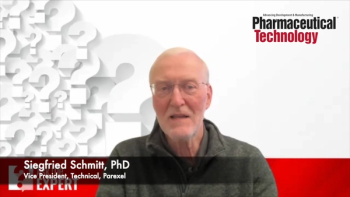
In this episode of the Ask the Expert video series, Susan J. Schniepp, distinguished fellow at Regulatory Compliance Associates, and Siegfried Schmitt, PhD, vice president, Technical at Parexel, discuss EMA’s revised guidelines on data protection in marketing authorization applications.
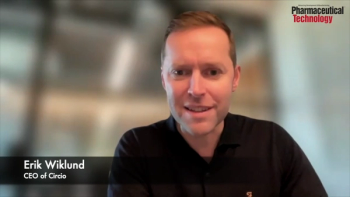
Pharmaceutical Technology® Group spoke with Erik Wiklund, CEO of Circio, about the impact of the post-COVID-19 world on the pharmaceutical industry and how that has shifted the talent pool.
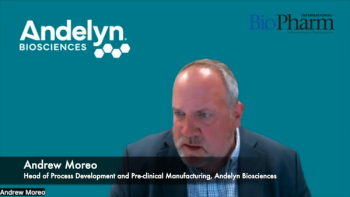
Andrew Moreo, head of Process Development and Pre-clinical Manufacturing at Andelyn Biosciences, talks with BioPharm International® about the benefits and challenges of gene therapies developed to treat cancer.

Christine Mya-San, global account manager at Roquette Pharma Solutions, discusses the most significant pharma ingredients at play over the past year and looks ahead at ingredient innovation.
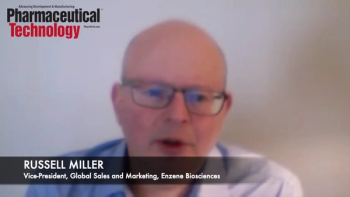
Russell Miller, vice-president of Global Sales & Marketing at Enzene, discusses how continuous bioprocessing is at the forefront of changing biologics manufacturing moving forward.
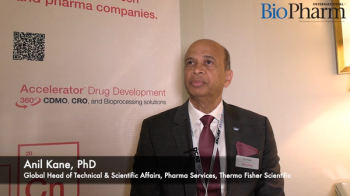
PharmTech Group sat down with Anil Kane of Thermo Fisher Scientific live on site at DCAT Week 2025, to talk about technologies and digital solutions companies are using to meet demand across the bio/pharma industry.
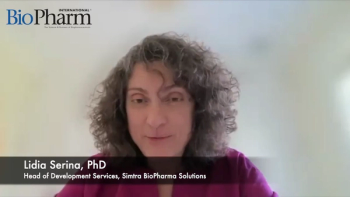
Lidia Serina, PhD, head of Development Services at Simtra BioPharma Solutions, discusses the challenges with maintaining aseptic integrity in the manufacturing of sterile injectable pharmaceuticals.
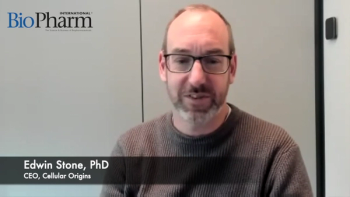
In the second half of an interview with Edwin Stone, PhD, CEO of Cellular Origins, Stone discusses how automation in CGT manufacturing can increase productivity without displacing human workers.

Edwin Stone, PhD, CEO of Cellular Origins, offers his unique perspective to the challenges facing CGT manufacturers, drawing on his background in robotics and life science automation.
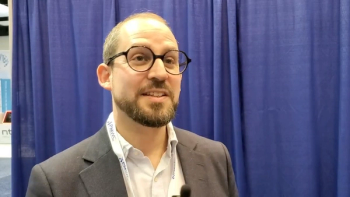
Vector Bioscience Cambridge is developing highly porous nanomaterials that can help reduce toxicities due to the small amount of vehicle material.
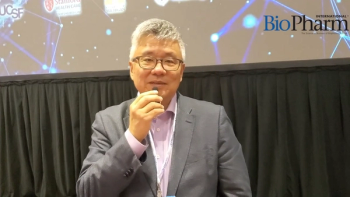
William Oh, MD, led a panel discussion during which the practicalities of incorporating AI tools into the daily workflow of busy clinicians were discussed.
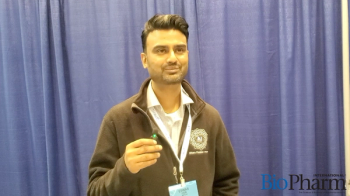
Eswar Iyer, MS, PhD, CEO and co-founder at Aikium Inc., describes a tool to overpower the data paucity problem in proteins.
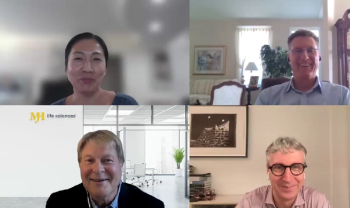
Jane True, Dr Andreas Kuhn, and Dr Andy Geall discuss mRNA risks, costs, effectiveness, manufacturing logistics, public messaging, and regulatory challenges.

Jane True, Dr Andreas Kuhn, and Dr Andy Geall discuss mRNA risks, costs, effectiveness, manufacturing logistics, public messaging, and regulatory challenges.

Jane True, Dr Andreas Kuhn, and Dr Andy Geall discuss mRNA risks, costs, effectiveness, manufacturing logistics, public messaging, and regulatory challenges.
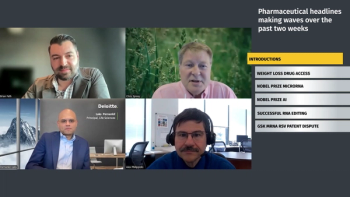
Laks Pernenkil, Brian Feth, and Alex Philippidis go behind the headlines to discuss the impact of recent news, including FDA’s drug shortage list update, Nobel prize winners in microRNA and AI, and a big-potential research win for RNA editing.
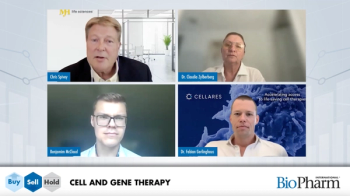
Cell and gene therapy experts Fabian Gerlinghaus, Dr. Claudia Zylberberg, and Benjamin McLeod weigh in on hot topics in CGT.

Cell and gene therapy experts Fabian Gerlinghaus, Dr. Claudia Zylberberg, and Benjamin McLeod weigh in on hot topics in CGT.

Cell and gene therapy experts Fabian Gerlinghaus, Dr. Claudia Zylberberg, and Benjamin McLeod weigh in on hot topics in CGT.
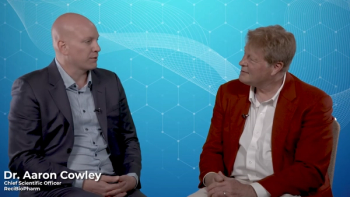
Under a pilot program initiative introduced by the Biden administration, Aaron Cowley, chief scientific officer, ReciBioPharm, talked about the ongoing progress in developing continuous manufacturing for mRNA.
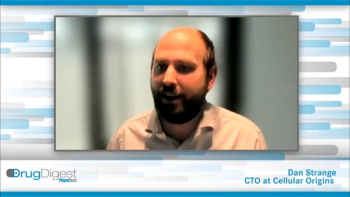
In this episode of Drug Digest, industry experts discuss aseptic processing and manufacturing, including what the future holds in this area and the barriers involved with automated aseptic processing practices.
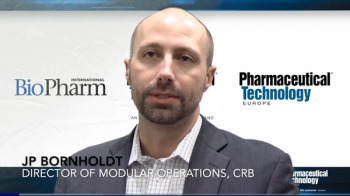
JP Bornholdt, director of modular operations, CRB, discusses continuous and modular manufacturing.